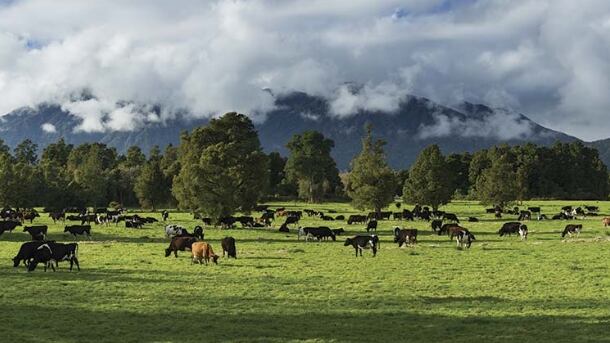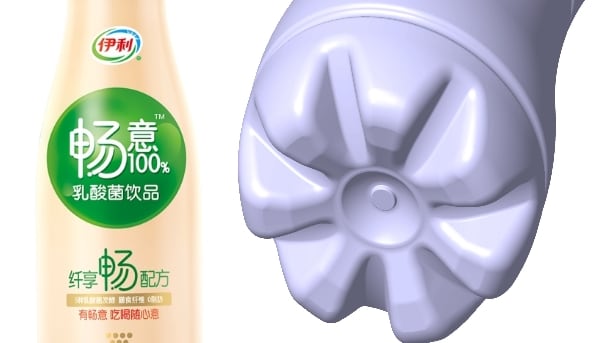Westland CEO Toni Brendish said the recently commissioned plant was part of the company’s five-year plan to leverage what the company said are “the West Coast’s and Westland’s unique advantages.”
The new production facility allows for the supply and manufacture of niche dairy products currently emerging as strong consumer trends, such as grass-fed and A2 milk.
“Consumers are increasingly demanding the types of products that are not only good for them but also good for the welfare of the animal,’’ Brendish said.
Grass feeding dairy cattle increases the content of some beneficial nutrients in milk, such as omega-3 polyunsaturated fatty acids, while reducing the levels of omega-6 fatty acids and palmitic acid, according to recent research.
“Our location creates the best possible environment for the development of these types of high-quality dairy products,” Brendish said.
"Our size means we have the capability of adding value at the farm as well as consumer and product level.’’
Brendish said the advantage of the West Coast over the rest of the dairy industry is that the herd is predominantly jersey and jersey cross cows, which are more likely to be A2 cows.
“We’re now in talks with our suppliers who have 75% or more of their herd A2-capable to encourage them to convert to 100% A2,” Brendish said.
The company has also developed logistics infrastructure to create new systems of collection, containment and distribution of specialty milk to allow for the development of specialty milk products at Hokitika. These will include 10SPS butter, casein, A2 infant formula and A2 skim milk powder.


